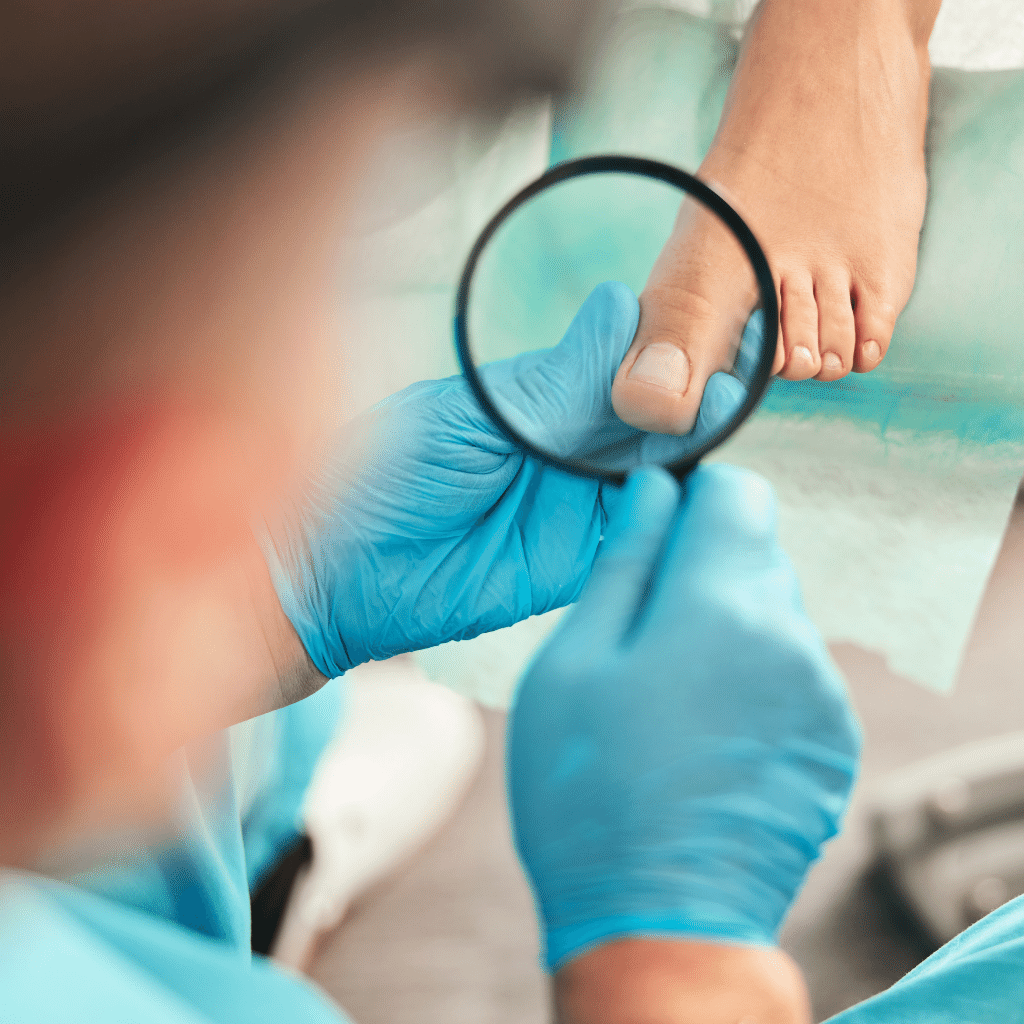Motion Podiatry pride ourselves on providing a thorough and caring routine treatment. This service often allows us to build long lasting relationships with our patients. We use only sterilised instruments meeting all of the latest Australian standards.
A callus forms as the body attempts to cushion and protect the foot in areas of excessive pressure. A corn can follow on from this when the pressure is not relieved. They are often painful and can be described as having a “stone” stuck in your shoe.
At times heel cracks can become hard to manage, unsightly and painful. While over the counter treatments help if the skin is cracking these alone are often not enough. We are able to offer debridement and smoothing of the skin so this is then easier for you to manage at home.
Nails can become difficult to manage at home for many reasons. Mobility, ingrown toenails and fungal infections are just a few reasons patients will attend regular Podiatry appointments.
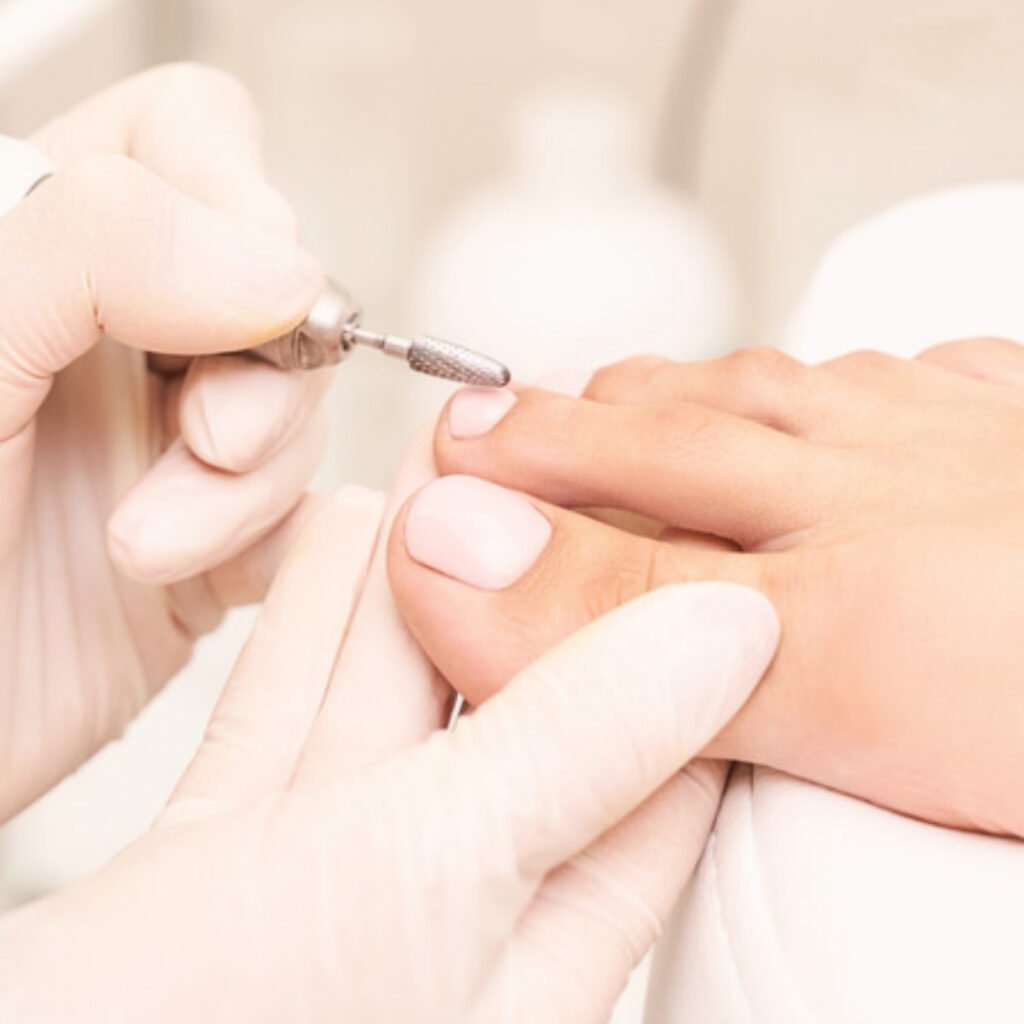
Custom orthotics are a prescription orthotic made from a 3D impression of your feet. They’re made just for you to help improve, support or correct your foot posture.
Laser scanning is the latest technology used to capture the shape of the foot in a timely manner. With orthotics made to fit your feet exactly you can enjoy personalised treatment designed specifically for your needs.
Motion Podiatry have partnered with iOrthotics utilising the incredible work of 3D printers enabling us to create many different types of orthotic devices ranging from soft or more ridged orthotics, to orthotics made to fit to footy boots or dress shoes.
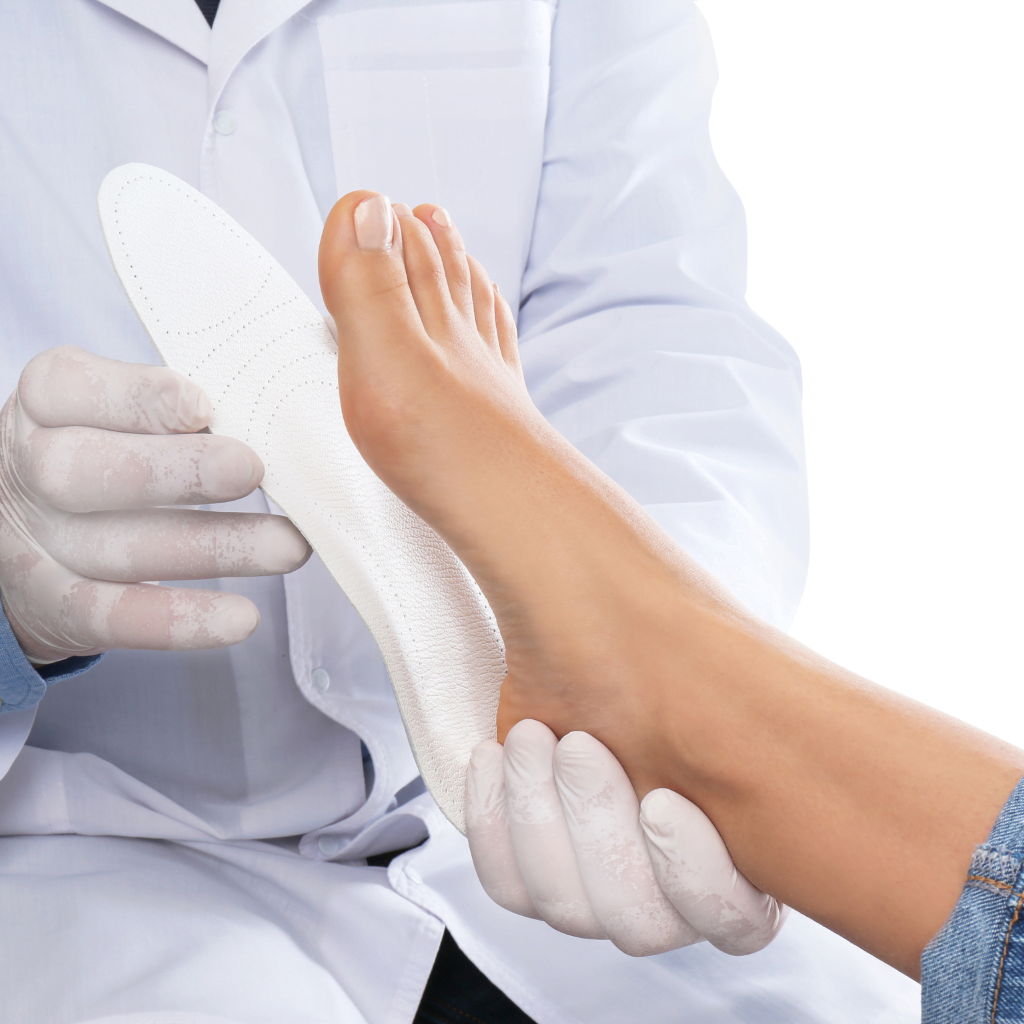
Plantar Fasciopathy is the most common cause of heel pain and also the most common condition presenting to Motion Podiatry. That being said, heel pain is a very complex condition that needs to be correctly diagnosed and treated specific to each person.
The plantar fascia is a thick fibrous band of tissue in the bottom of the foot which runs from the heel to the base of the toes. When placed under sudden or continual increased strain/load, the plantar fascia can become injured generally at the point where it inserts into the heel bone. This is usually a slow onset of pain with no ‘one-time’ injury required.
The initial focus is to reduce the load / strain on the injured plantar fascia to allow the body to start its own healing process. This may involve strapping, suitable footwear and orthotic therapy. Physical activity may need to be reduced or modified.
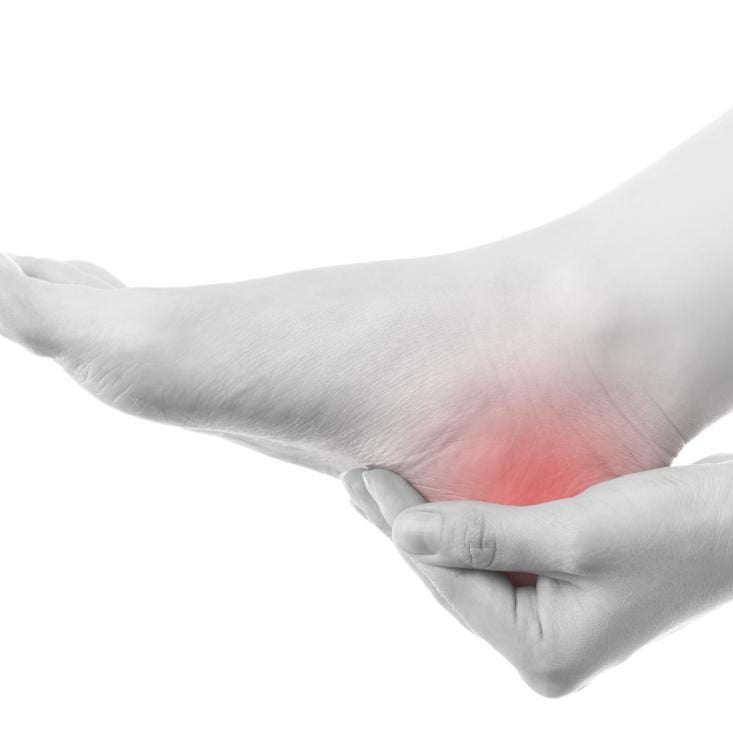
Achilles tendinopathy describes changes to the tendon at the back of the heel and ankle. Anytime you walk, run, or even point your foot downwards, your calf muscle is actively working, and taking on tension. When this tension and strain exceeds what the tendon can safely handle, changes to the tendon can occur. These changes can result in pain, inflammation and degeneration. The extent of the changes can range from micro-tears in the tendon, to partial tears, to complete ruptures.
Many factors can influence the strain and compression forces on your Achilles tendon including your age, your foot biomechanics, your footwear, muscle tightness and strength etc. It is important to fully assess the biomechanical function of your lower limbs when treating this condition. A treatment plan will be developed by your Podiatrist which will include strapping, footwear changes/modifications and orthotic therapy.
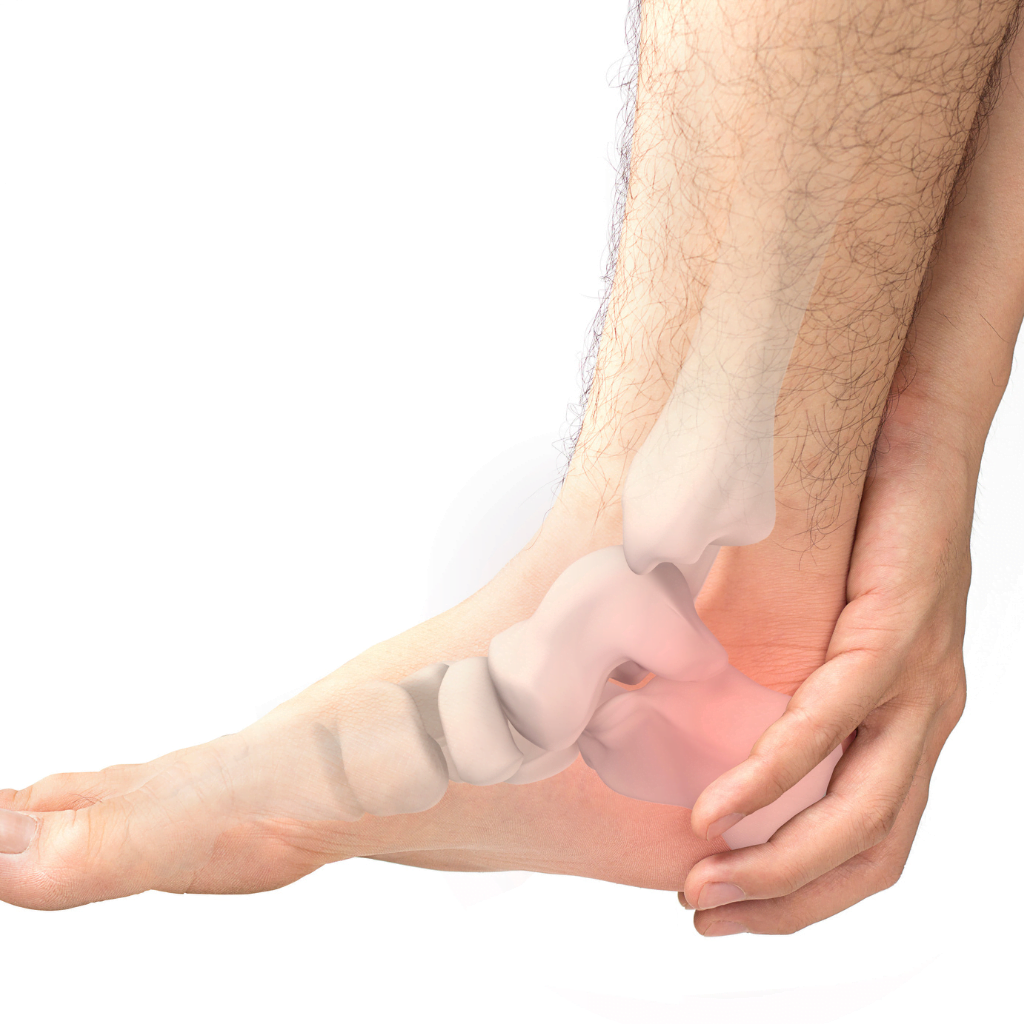
Children’s feet are different to that of adults. When they are young, their bones are still very soft and are therefore more easily affected by external factors that may result in abnormalities.
Some signs of poor foot posture may include tripping, aching feet, aching legs, growing pains & heel pain. Children’s feet need to be especially looked after as we often see problems in adults that could have been avoided.
Children’s podiatry is a passion of ours, and we offer expert consultations on assessing your children’s feet problems.
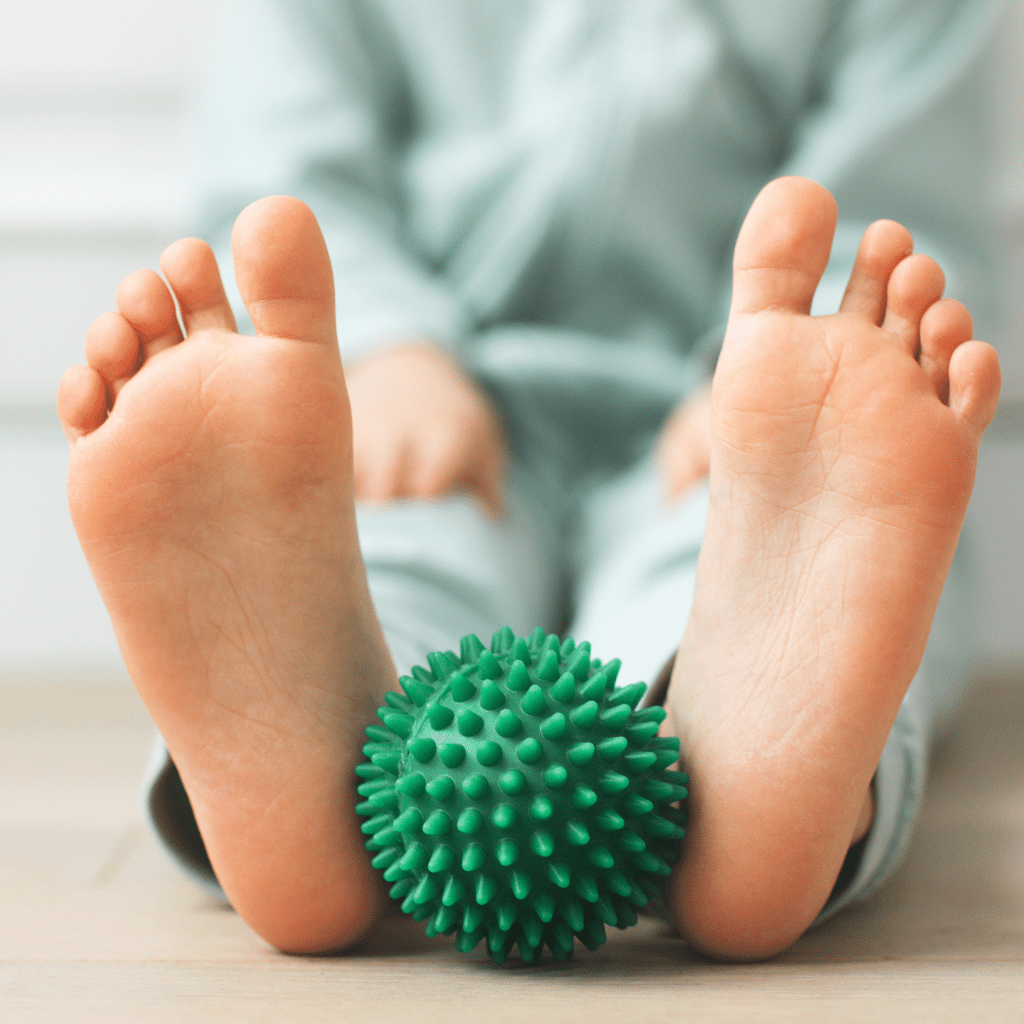
Diabetes is a condition that can have whole body effects including in your feet. A person with diabetes needs to pay particular attention to their feet to help prevent complications such as wounds and possibly amputations.
Currently the latest guidelines recommend that every person with diabetes has a full foot assessment at least annually. At your appointment we will assess your blood flow, neurological status, skin and nail health and provided with education on home management. A full assessment will be sent to your GP.
